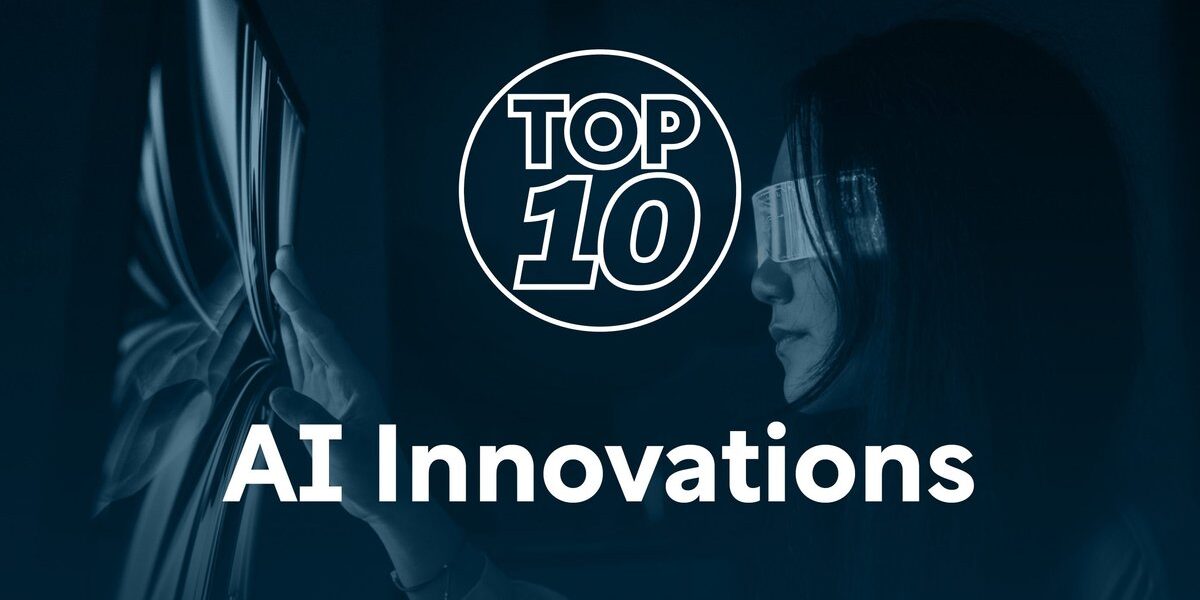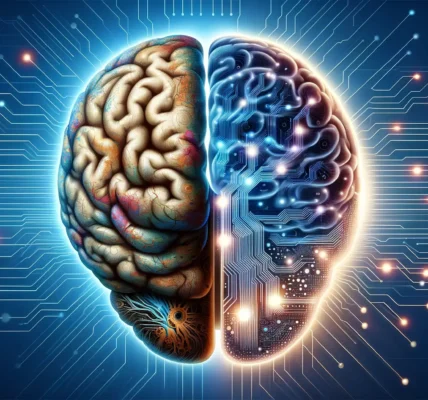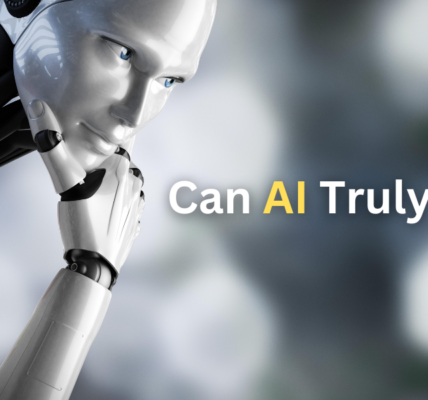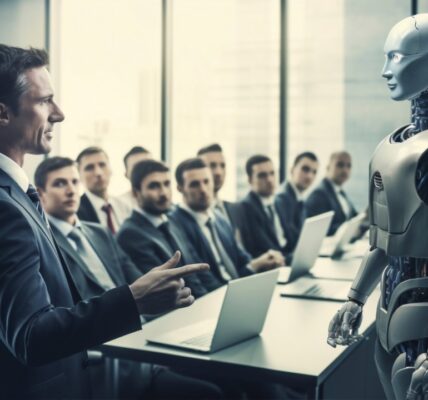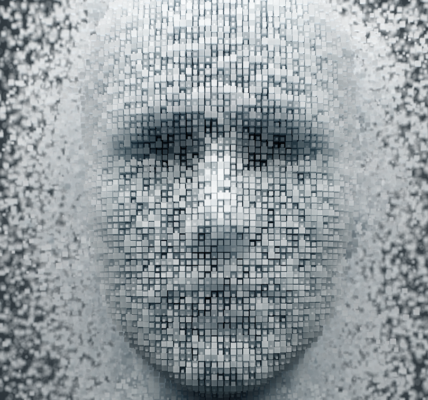Artificial Intelligence (AI) is no longer just a futuristic concept; it has become an integral part of our daily lives, revolutionizing various sectors. From enhancing productivity to transforming entertainment, AI innovations are genuinely mind-blowing. Here, we explore the top 10 AI innovations pushing the boundaries of technology and changing the world as we know it.
1. Generative AI
Generative AI has taken the world by storm, allowing machines to create content—text, images, or music. Tools like OpenAI’s ChatGPT and DALL-E can generate human-like text and stunning visuals, opening up new avenues for creativity in the marketing, design, and entertainment industries. These models learn from vast datasets, making them capable of producing unique content tailored to user prompts.
2. AI-Powered Healthcare Diagnostics
AI is revolutionizing healthcare through advanced diagnostic tools. Machine learning algorithms analyze medical data, such as imaging scans and genetic information, to identify diseases more accurately and quickly than human doctors. Innovations like Google’s DeepMind have demonstrated remarkable success in diagnosing conditions like eye diseases and cancers, paving the way for early intervention and personalized treatment.
3. Autonomous Vehicles
Self-driving cars are one of the most exciting applications of AI. Companies like Tesla, Waymo, and others are developing autonomous vehicles with sophisticated AI systems that can navigate complex environments safely. These innovations promise to reduce traffic accidents, alleviate congestion, and transform public transportation systems, making our roads safer and more efficient.
4. Natural Language Processing (NLP)
NLP has made significant strides, enabling machines to understand and process human language. Innovations like voice assistants (e.g., Amazon’s Alexa and Apple’s Siri) allow users to interact with devices using natural language. This technology is integrated into customer service, translation services, and content creation, enhancing communication and accessibility.
5. AI in Art and Creativity
AI is pushing the boundaries of traditional art forms. Artists are using AI algorithms to generate unique art, music, and literature pieces. Programs like DeepArt and AIVA allow creators to explore new styles and forms, merging human creativity with machine learning to produce groundbreaking work. This fusion is challenging conventional notions of authorship and artistic expression.
6. AI-Enhanced Cybersecurity
With increasing cyber threats, AI plays a critical role in enhancing cybersecurity. AI algorithms can analyze vast amounts of data to detect anomalies and predict potential threats in real-time. Companies like Darktrace employ AI to create self-learning systems that can identify and mitigate cyber threats before they cause damage, safeguarding sensitive information.
7. Smart Personal Assistants
AI-powered personal assistants are becoming more intuitive and capable. Beyond simple task management, these assistants can learn user preferences, schedule appointments, and even provide emotional support. Innovations like Google’s Assistant and Microsoft’s Cortana are transforming how we interact with technology, making it more personalized and user-friendly.
8. AI in Agriculture
AI is revolutionizing agriculture through precision farming techniques. Drones equipped with AI can analyze crop health, soil conditions, and weather patterns, helping farmers make informed decisions. This technology increases efficiency, reduces waste, and enhances crop yields, contributing to sustainable farming practices.
9. Robotics and Automation
AI-driven robots are reshaping industries, from manufacturing to logistics. Collaborative robots (cobots) work alongside humans to streamline production processes, while autonomous robots handle warehouse management and delivery tasks. This innovation improves efficiency and safety, allowing human workers to focus on more complex and creative tasks.
10. AI in Finance
AI is transforming the finance sector by enhancing fraud detection, automating trading, and improving customer service. Machine learning algorithms analyze transaction data to identify unusual patterns, helping banks prevent fraud. Robo-advisors, powered by AI, provide personalized financial advice and investment strategies based on individual goals and risk tolerance.
Conclusion
The advancements in AI are reshaping our world in profound ways. These innovations are mind-blowing and transformative, from healthcare to finance and creative industries to autonomous vehicles. As we continue to harness the power of AI, the possibilities are endless, leading us toward a future filled with unprecedented opportunities and challenges. Embracing these changes will be vital in navigating the exciting landscape of technology ahead.

